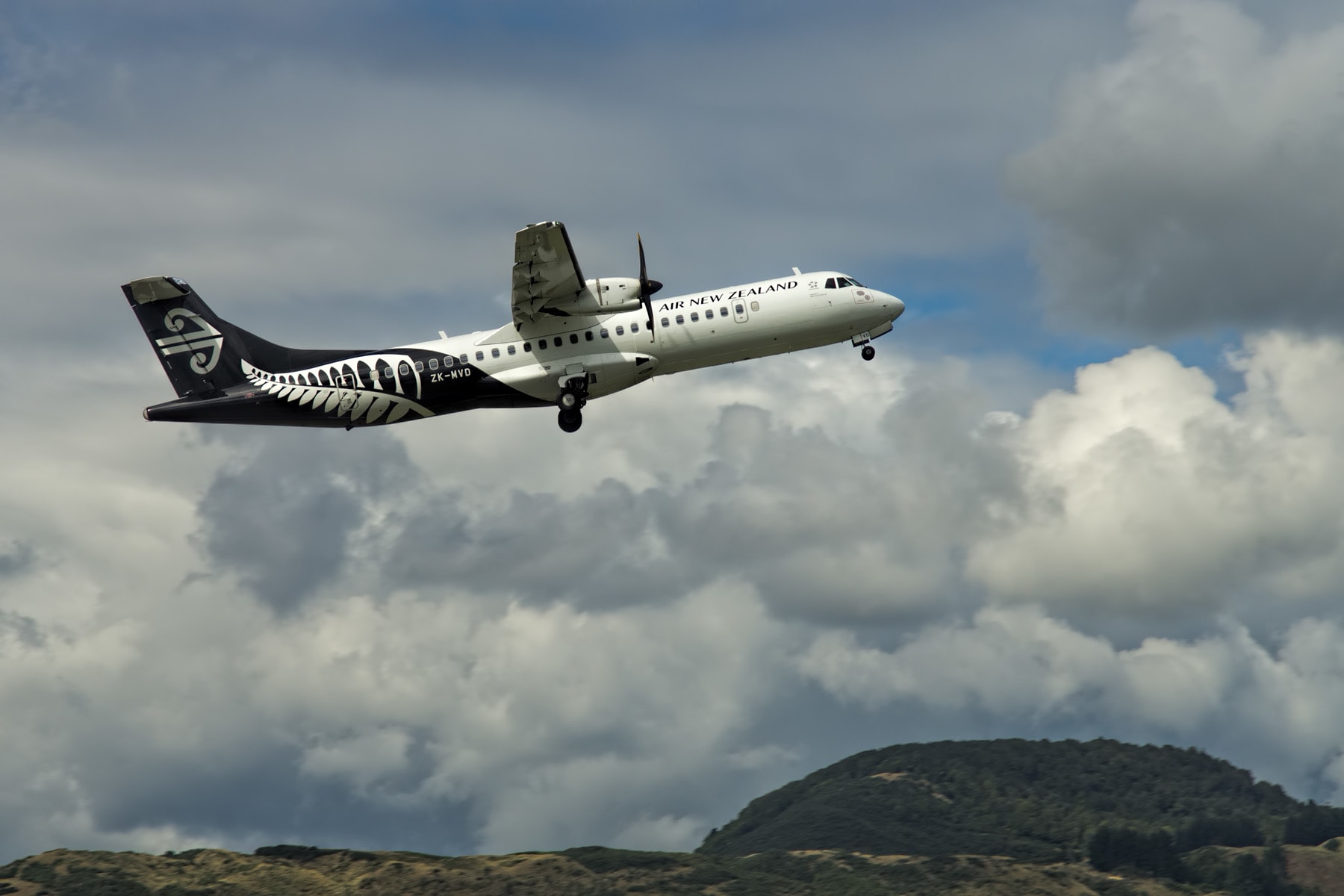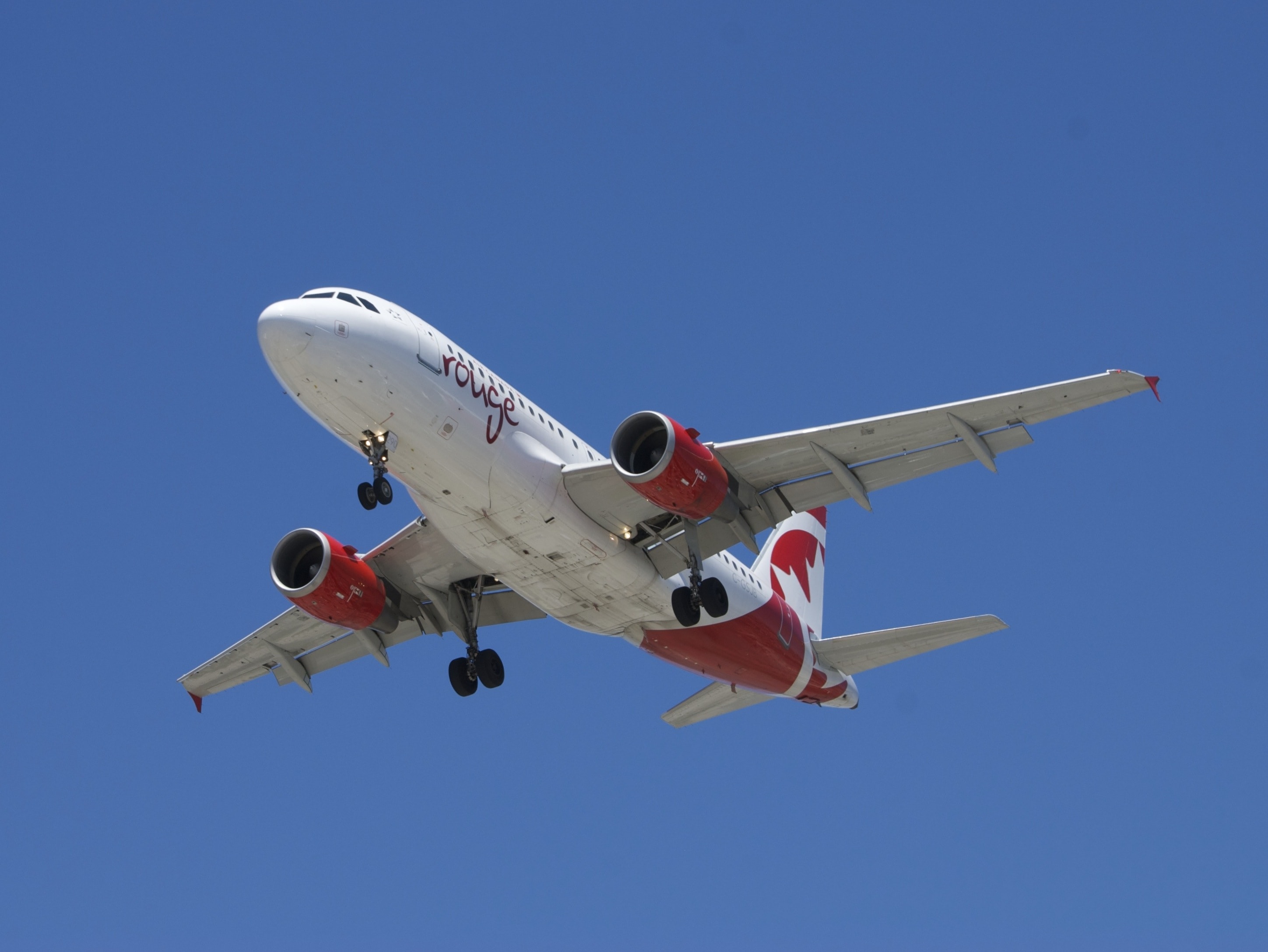Understanding Jet Fuel: Composition, Varieties, And Purposes
페이지 정보
작성자 Rudolph 작성일25-07-26 05:53 조회19회 댓글0건관련링크
본문
Jet gas is a specialised kind of aviation gasoline designed to be used in aircraft powered by gasoline-turbine engines. It's a vital component of modern aviation, providing the vitality essential for flight. Should you loved this post and you would want to receive more details concerning biggest private jet charter companies assure visit the internet site. This report delves into the composition, types, production, and purposes of jet gas, in addition to its significance within the aviation industry and environmental concerns.

Composition of Jet Fuel
Jet fuel is primarily composed of hydrocarbons derived from crude oil. The precise chemical composition can fluctuate depending on the type of jet fuel and its intended use. The hydrocarbons in jet gasoline sometimes range from C8 to C16, that means they comprise between eight and sixteen carbon atoms in their molecular structure. The first components include alkanes, cycloalkanes, and aromatic hydrocarbons.
Jet fuel also accommodates numerous additives to enhance efficiency and stability. These additives might embody antioxidants, anti-static agents, and biocides to stop microbial growth. Moreover, gasoline system icing inhibitors (FSIIs) are sometimes included to prevent ice formation within the gasoline system, which can occur at high altitudes the place temperatures are significantly lower.
Sorts of Jet Gasoline
There are a number of forms of jet gas, with the most typical being Jet A and Jet A-1. Each are kerosene-based fuels, but they differ barely by way of specifications and temperature properties:
- Jet A: Any such jet gasoline is primarily used within the United States. It has a flash level of 38 degrees Celsius (a hundred degrees Fahrenheit) and a freezing point of -forty levels Celsius (-40 levels Fahrenheit). Jet A is appropriate for business aviation and is broadly utilized in turbofan engines.
- Jet A-1: That is the worldwide standard for jet gasoline and is used globally. Jet A-1 has a lower freezing point of -47 levels Celsius (-fifty three levels Fahrenheit), making it extra appropriate for flights operating in colder climates. It is the popular selection for biggest private jet charter companies long-haul flights and is utilized by most airways around the globe.
- Jet B: That is a wide-minimize gas that's a mix of kerosene and gasoline. It has a lower flash point and is primarily utilized in colder regions, akin to Canada, resulting from its improved chilly-weather efficiency.
- RP-1: This is a extremely refined type of kerosene used as rocket gas in area purposes. It has specific properties that make it appropriate for rocket engines, together with a excessive energy density and low freezing point.
- Sustainable Aviation Fuel (SAF): It is a newer category of jet fuel that is produced from renewable resources, corresponding to biofuels, waste oils, and other sustainable materials. SAF will be blended with conventional jet fuel and is seen as a crucial element in lowering the aviation business's carbon footprint.
Manufacturing of Jet Fuel
The manufacturing of jet gasoline begins with the refining of crude oil. The refining course of includes several steps, together with distillation, cracking, and hydroprocessing. During distillation, crude oil is heated, and its parts are separated primarily based on their boiling points. The kerosene fraction, which includes jet fuel, is then further processed to take away impurities and improve performance.
Hydroprocessing is a crucial step in producing high-quality jet gas. It involves treating the kerosene fraction with hydrogen in the presence of a catalyst to remove sulfur and other undesirable compounds. This process not only improves the fuel's stability and performance but also reduces its environmental impression by lowering the sulfur content material.
Purposes of Jet Fuel
Jet gasoline is primarily used in business and army aviation. It powers a variety of aircraft, from small regional jets to massive worldwide airliners. The efficiency and performance of jet gasoline play a major role in the operational capabilities of airways, affecting factors comparable to vary, pace, and gas consumption.
In addition to aviation, jet gas has purposes in other industries. For example, it is utilized in sure military autos and gear, in addition to in some industrial processes. The versatility of jet gas makes it a necessary vitality source beyond simply aviation.
Environmental Concerns
The aviation business is underneath rising stress to cut back its environmental impression, significantly when it comes to greenhouse fuel emissions. Jet fuel combustion produces carbon dioxide (CO2), nitrogen oxides (NOx), and different pollutants, contributing to local weather change and air quality points.
To address these issues, the trade is exploring numerous strategies, together with the event of Sustainable Aviation Fuels (SAF) and enhancements in aircraft efficiency. SAF has the potential to cut back lifecycle greenhouse gas emissions significantly, especially when produced from waste materials or renewable resources. Moreover, developments in aircraft design, equivalent to more efficient engines and aerodynamics, can assist scale back gas consumption and emissions.
Airlines and manufacturers are also investing in carbon offsetting packages, which allow them to compensate for his or her emissions by funding tasks that cut back greenhouse gases elsewhere. These initiatives are a part of a broader dedication to achieving net-zero emissions by 2050, as outlined by various trade organizations.
Conclusion
In summary, jet gasoline is a vital element of trendy aviation, enabling the secure and environment friendly operation of aircraft worldwide. Its composition, varieties, and manufacturing processes are essential to understanding its position in the aviation trade. As environmental considerations continue to develop, the development of sustainable options and improvements in efficiency can be crucial in making certain the way forward for aviation whereas minimizing its influence on the planet. The continuing evolution of jet gasoline expertise will play a major function in shaping the future of air travel and its sustainability.

댓글목록
등록된 댓글이 없습니다.










